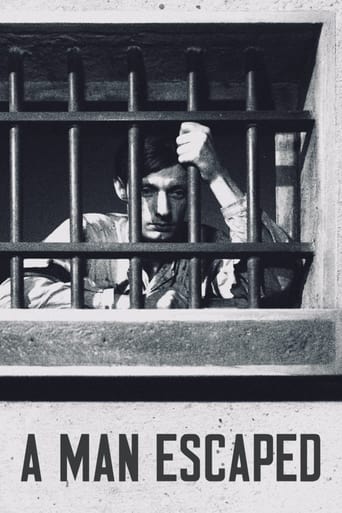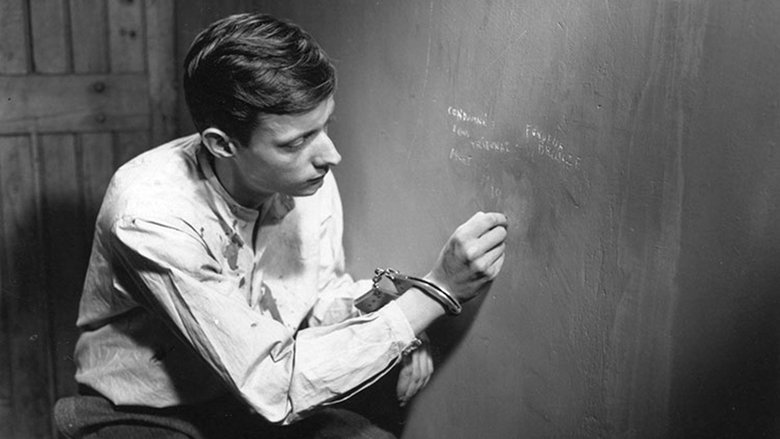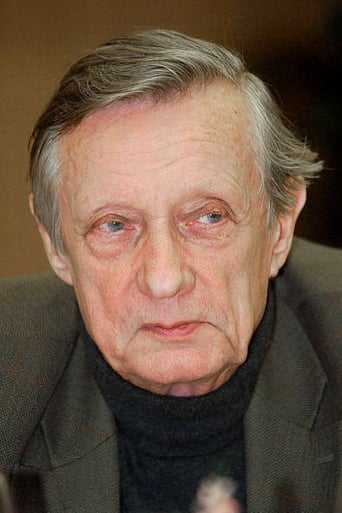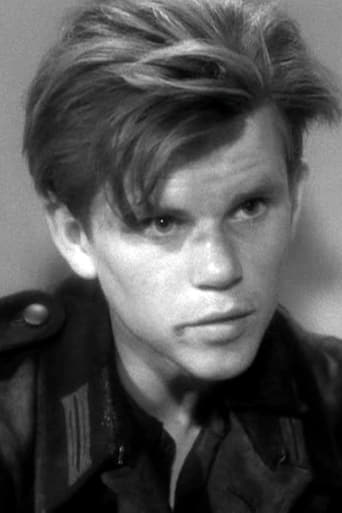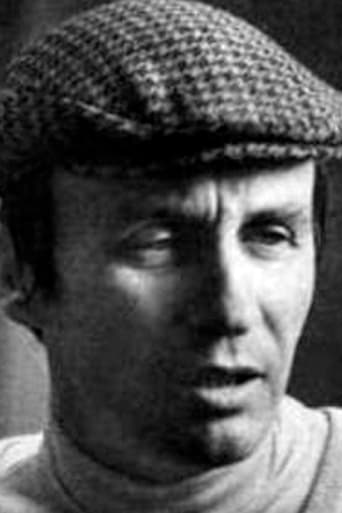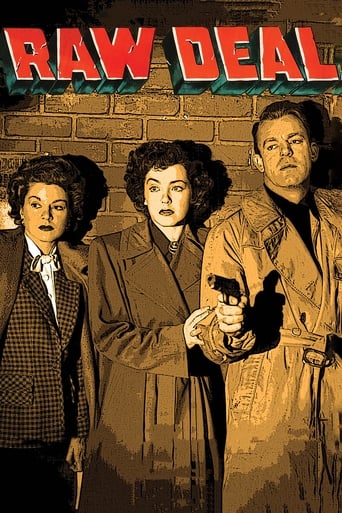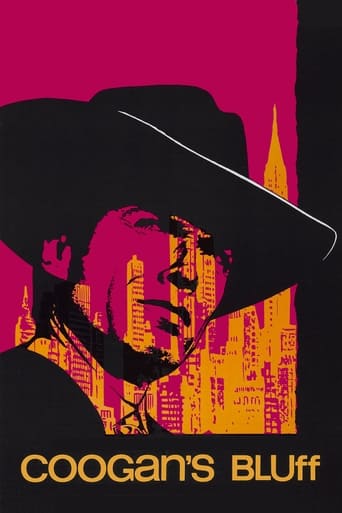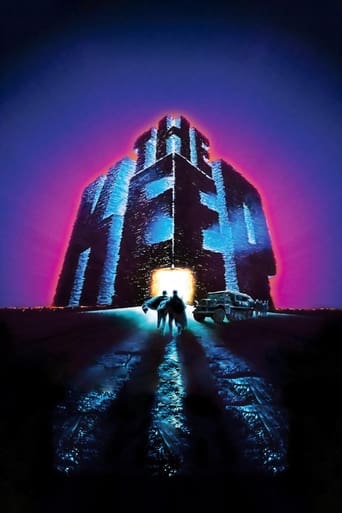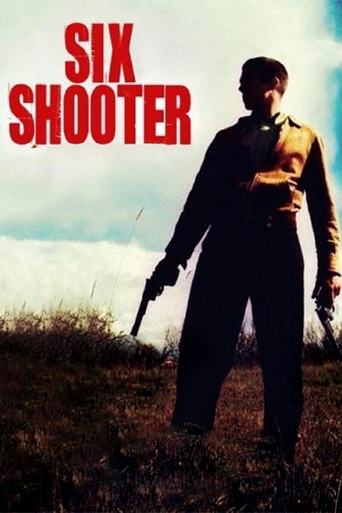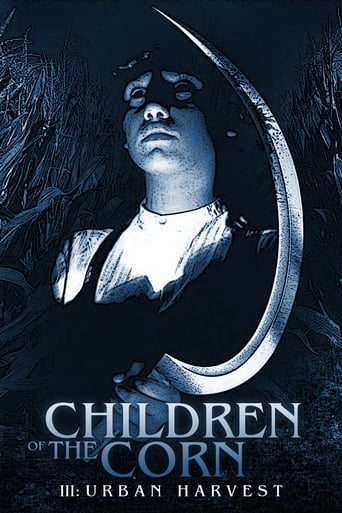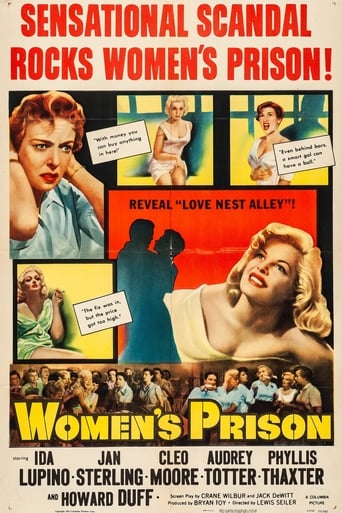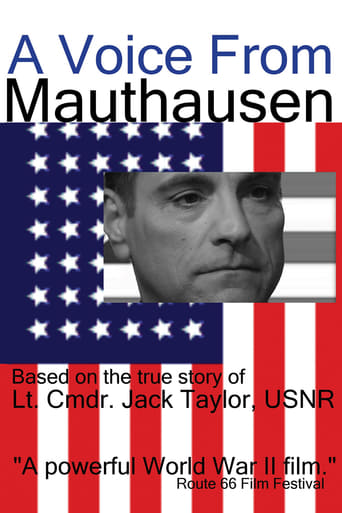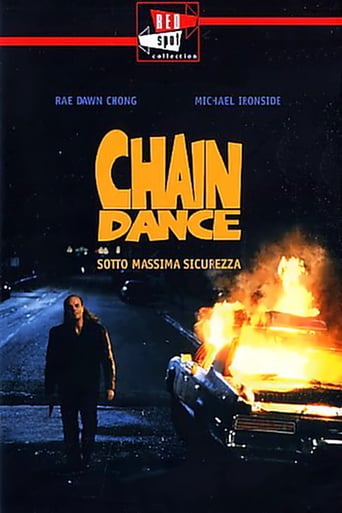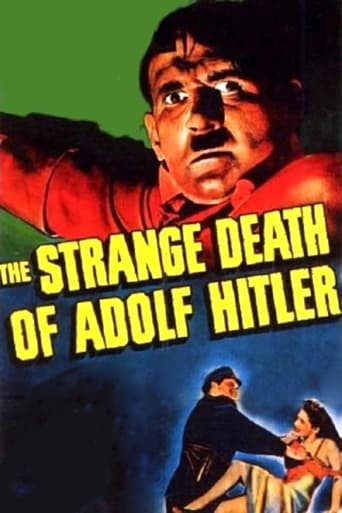A Man Escaped (1957)
A captured French Resistance fighter during World War II engineers a daunting escape from prison.
Watch Trailer
Cast


Similar titles
Reviews
Touches You
Surprisingly incoherent and boring
A Masterpiece!
A film with more than the usual spoiler issues. Talking about it in any detail feels akin to handing you a gift-wrapped present and saying, "I hope you like it -- It's a thriller about a diabolical secret experiment."
A film inspired by a real case of an escape from a French tough of a Nazi prison during World War II. The film is very realistic in the way this story shows us, quite differently from the American style of the prison dramas we are used to seeing. Following a somewhat slow but accurate rhythm the film is always growing and ends up undoubtedly catching us completely. Very good movie, although a little under the best French prison film I ever saw and that was Jacques Becker's "Le Trou", 1960, a film I only saw once for many years but it was always in my memory.
Gem of a foreign film very well acted out to the point where we are part of the movie something few movies can do just right. This one nails it as you watch a man imprisoned and all the suffering that goes with it comes to terms with his situation and then some. That is what draws you in. Its called a role reversal. Would you have done this? Could you have done this? What would you do? Even the other prisoners in the movie doubt and question it. Man cannot be confined and liberty must be his no matter what the circumstances. America was founded on this principal. Here we see the concept acted out from a prisoners point of view. Add to it there are Nazis (injustice) and pending death and suffering and you get it all with this movie. Watch this with no interruptions or distractions if you want maximum viewing pleasure. Look forward to the ending which takes its time drawing you in even deeper and then the grand finale which gives good closure. Get ready to...
We think of the prison-break movie in terms of films like Stalag 17 (Billy Wilder, 1953), The Great Escape (John Sturges, 1963), Escape From Alcatraz (Don Siegel, 1979), and The Shawshank Redemption (Frank Darabont, 1994), with stars like William Holden, Steve McQueen, Clint Eastwood, Tim Robbins, and Morgan Freeman, with action leavened by comic relief and made more tense by grotesque and sadistic guards, and underscored by mood music. What Robert Bresson gives us is a film with no stars that concentrates largely on the face of the man planning his breakout and whose only music is the occasional underscoring with the "Kyrie" from Mozart's C-minor mass. And it works brilliantly -- far more so than those more famous and conventional movies. It's based on the memoirs of André Devigny, a member of the French Resistance who was imprisoned by the Nazis. In the film, Devigny is called Fontaine, and is played by François Leterrier, a then-unknown actor who later went on to become a film director himself. "I don't laugh," Fontaine says. No, he doesn't. In fact, throughout A Man Escaped, Leterrier's expression rarely changes. But we always know the determination, the doubt, the calculation, the suspicion that's going through his head, thanks to Leterrier's use of his eyes. But as Eisenstein taught us so long ago, montage is responsible for so much of what we feel and witness in movies, and we have to credit Raymond Lamy's editing as well as Léonce-Henri Burel's cinematography and of course Bresson's direction for making A Man Escaped one of the most powerful excursions into a man's soul ever put on film. The word "minimalism" was not so much in use when A Man Escaped was made as it is today, but if ever a film was minimalist in its sparing of conventional movie tricks like background music or flashy camera-work, it's this one. Bresson's restraint as a filmmaker serves to keep us in Fontaine's head, blotting out all but his grim determination to escape. One sequence that especially grabbed me on this viewing was Fontaine's murder of the prison guard. We don't see it. We barely even hear it. We are watching a blank wall when it happens. But we hold our breaths while it does.
Robert Bresson's "A Man Escaped" is perfect. He's one of my most favorite filmmakers. His style is very austere; he eschews flamboyant camera work in favor of the rudimentary. I really enjoy Bresson's catalog.The film begins with the protagonist, Fontaine (Francois Leterrier), in the back seat of a police car and on the verge of attempting to escape by opening the door. Just as in the later prison break, Fontaine hesitates to the point where you wonder if he will do it. He does and is immediately arrested. Instead of following Fontaine on the street, Bresson remains with the police officer who is expressionless throughout Fontaine's capture. Reducing everything potentially of visual interest is Bresson's unique style, and it works.Fontaine has been beaten when he arrives at the prison, and he will wear his bloody shirt for the rest of the film. The initial scenes of Fontaine in his cell are hellish. Leterrier's narration informs us that Fontaine expects to be executed. Bresson's austere style makes this seem plausible.Fortunately for him, the French Resistance knows where he is and a stranger who paces the courtyard (with two other men) befriends Fontaine. The narration reminds us that Fontaine has to trust this stranger with secrets that are potentially fatal to others if intercepted by the Gestapo.The Germans in "Man Escaped" are ruthless. There is never the possibility that they will behave as stupidly as the Germans do in "The Great Escape" or "Hogan's Heroes." Bresson makes them real. Here the Germans are shooting spies and three of Fontaine's prison allies will face a firing squad.When Fontaine is moved to another cell he discovers a flaw in the cell's door. He begins slowly carving out the panels, trying not to make too much noise. Early on his actions are opposed by the rest of his cell block. As Fontaine gets closer to making his prison break, the other block members begin telling him he's moving too slow! Fontaine is taken to the Hotel Terminus where his death sentence is read by an unseen official. Fontaine is terrified that he will be either killed on the spot or taken to another cell. He isn't.As Fontaine gets closer to the break out the minimalist dialogue between him and the other cell block members is really strong. A final complication emerges when another man, Jost (Charles Le Clainche), joins Fontaine's cell. Fontaine fears that he is a spy. He has to make his break and can't figure out where Jost stands.The prison break is wildly suspenseful and fairly realistic. Fontaine and Jost have to wait long stretches before taking their next steps. There is a lot of suspense, and Bresson's camera is making it seem real.Bresson really understands Devigny's memoir and renders it perfectly. This is the best prison break movie ever made by a large margin.

